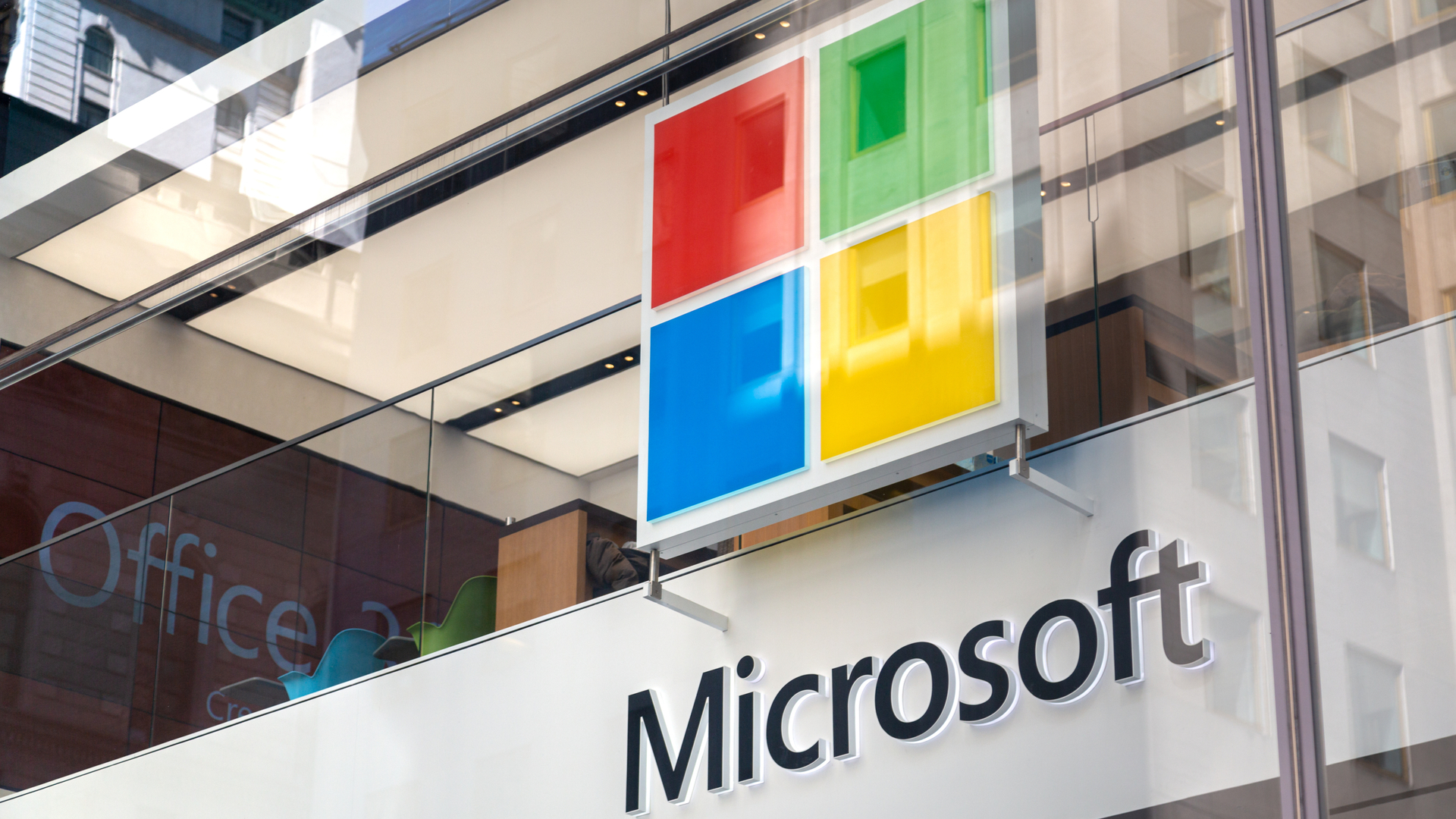
Microsoft Building Its Own AI Chip on TSMC's 5nm Process

Microsoft is working on its own artificial intelligence chip, internally called “Athena,” and has been working on the project since 2019, according to a report from The Information (opens in new tab). The initial version of the chip is planned to use Taiwan Semiconductor’s (TSMC) 5-nanometer process, though there will likely be multiple generations of chips as part of the project.
The Information suggests that Microsoft’s goal is at least partly to save money on buying chips from suppliers like Nvidia.
Microsoft has poured billions into OpenAI, which makes ChatGPT, to advance in a fast-growing race to make products using artificial intelligence and large-language models (LLMs). The Athena chips are reportedly designed to train LLMs and similar software, including inferring from data the models acquire in training.
The chips, according to The Information’s sources, are currently being used among a small subset of employees at Microsoft and OpenAI. Microsoft could potentially make the chips more widely available “as early as next year,” but it’s unclear whether the chip will be opened up to Azure customers.
Many who are training LLMs, whether locally or in the cloud, have defaulted to Nvidia’s offerings, including powerful graphics cards that have proven to be the go-to for any company without its own chips. Dylan Patel of the resarch firm SemiAnalysis told The Information that “Athena, if competitive, could reduce the cost per chip by a third when compared with Nvidia’s offerings.” If Microsoft is going to add AI capabilities beyond Bing Chat to its Office products and GitHub, it could save a ton.
Microsoft isn’t the first to make its own chips, of course. Google, Amazon and Meta are already among the tech behemoths that have invested in in-house silicon.
That’s not to say Microsoft sees Athena as replacing Nvidia entirely. In March, the two companies partnered on Nvidia’s DGX Cloud (opens in new tab) specifically for AI supercomputing and the Nvidia Omniverse cloud, both using Azure and support for Microsoft 365. Though the report suggests Athena could be a “touchy subject,” Microsoft reportedly doesn’t see its chip as a “broad replacement for Nvidia’s products.”
If Microsoft more widely produces the Athena chips next year, it will no longer be on TSMC’s cutting-edge nodes. But it’s no surprise to see that Microsoft, with its multi-billion investment in OpenAI and early (occasionally reckless) entry into chat bots in Bing Search and beyond, is looking for ways to further development.




